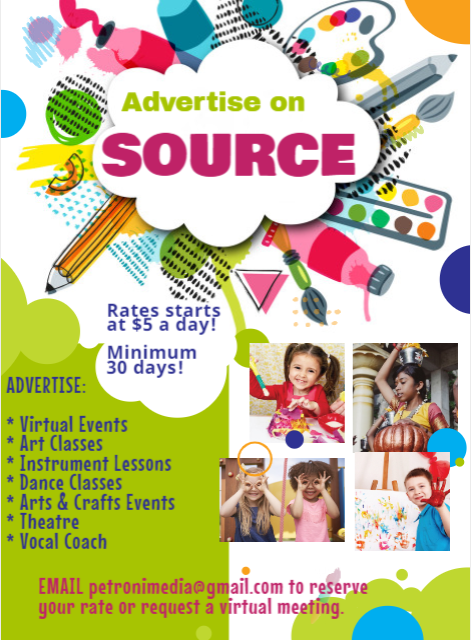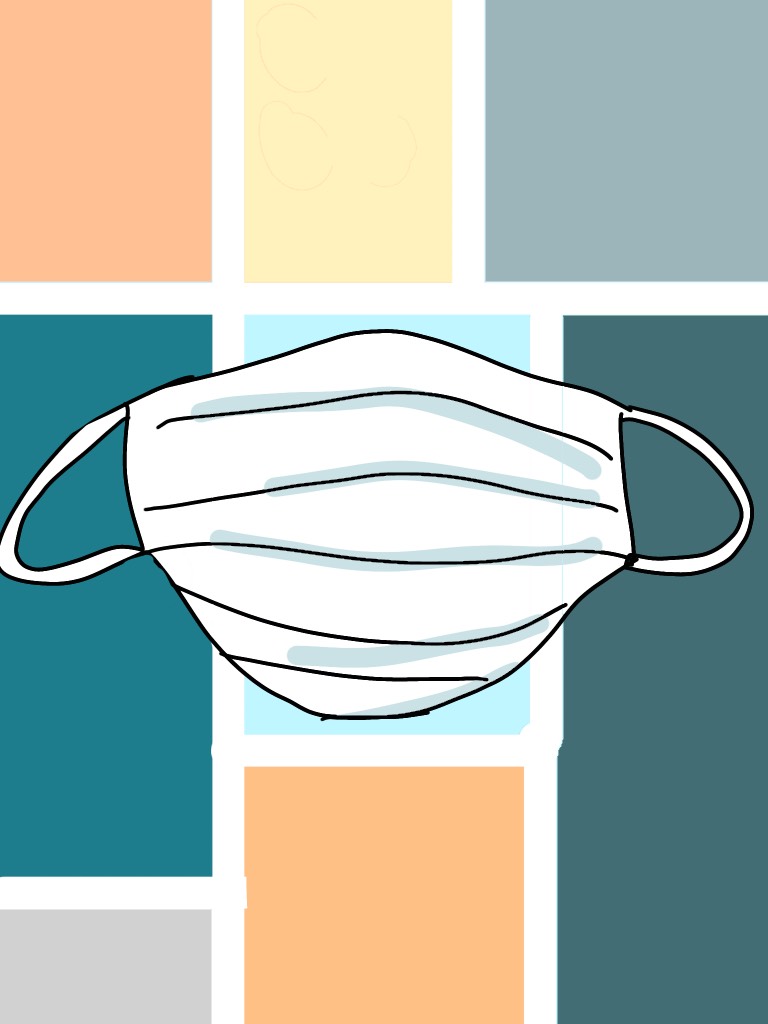[broadstreet zone=”70107″]
BOSTON – In line with updated CDC face covering guidance, the Baker-Polito Administration will rescind the current face covering order and issue a new face covering advisory effective May 29.
Non-vaccinated individuals are advised to continue wearing face masks and to continue distancing in most settings.
The advisory will also recommend fully vaccinated individuals no longer need to wear a face covering or social distance indoors or outdoors except for in certain situations.
[broadstreet zone=”59982″]
Face coverings will still be required for all individuals on public and private transportation (including rideshares, livery, taxi, ferries, MBTA, Commuter Rail and transportation stations), healthcare facilities and providers, congregate care settings and health and rehabilitative day services.
Face coverings will also remain required indoors for staff and students of K-12 schools and early education providers.
Effective May 29: Updated Mask Requirements
Face-Covering Advisory for Unvaccinated Residents
The Department of Public Health will issue a public health advisory effective May 29 that advises all unvaccinated residents to continue to wear face-coverings in indoor settings and when they can’t socially distance.
[broadstreet zone=”59983″]
Face-Covering Requirements in Certain Locations
Effective May 29, 2021, face coverings will continue to be required for both vaccinated and unvaccinated individuals at all times in the following locations, subject to the exemptions listed below:
- On Public and Private Transportation, including on the MBTA, commuter rail, buses, ferries, and airplanes, and while in rideshares (Uber and Lyft), taxis, and livery vehicles, as required by the Centers for Disease Control January 29, 2021 Order. Face coverings are also required at all times in transportation hubs, including train stations, bus stops, and airports. The requirement applies to riders and workers.
- Inside K-12 public schools, collaboratives, approved special education schools and as otherwise required by the Department of Elementary and Secondary Education (DESE). The requirement applies to students, teachers, and staff.
- Inside Childcare Programs licensed or authorized by the Department of Early Education and Care (EEC) and as otherwise required by EEC or the Department of Public Health (DPH). This requirement applies to students, teachers, and staff.
- In Health Care Facilities and Provider Offices, defined as healthcare facilities or providers licensed or operated by the Commonwealth including nursing homes, rest homes, emergency medical services, hospitals, doctor’s office, urgent care settings, community health centers, vaccination sites, behavioral health clinics, and Bureau of Substance and Addiction Services (BSAS) facilities. This requirement applies to patients and staff.
- In Congregate Care Settings, defined as congregate care facilities or programs operated, licensed, certified, regulated, or funded by the Commonwealth including: assisted living facilities, group homes, houses of correction, Department of Correction prisons, jails, residential treatment programs, and facilities operated, licensed, certified, regulated, authorized, or funded by the Department of Early Education and Care (EEC), the Department of Children and Families (DCF), the Department of Youth Services (DYS), the Department of Mental Health (DMH), the Department of Public Health (DPH), the Department of Developmental Services (DDS), the Department of Veterans’ Services (DVS), the Massachusetts Commission for the Blind (MCB), the Executive Office of Elder Affairs (EOEA) and the Massachusetts Rehabilitation Commission (MRC). Additionally, the face coverings requirement applies to emergency shelter programs, including individual and family homeless shelters, domestic violence and sexual assault shelters, veterans’ shelters, and shelters funded by the Department of Housing and Community Development (DHCD). The face coverings requirement also applies in approved private special education schools, which offer residential services and are approved by the Department of Elementary and Secondary Education (DESE). This requirement applies to clients and staff.
- In Health Care and Rehabilitative Day Services and Programs, defined as programs or services operated, licensed, certified, regulated, or funded by the Commonwealth and authorized under the aegis of the Executive Office of Health & Human Services or one of its agencies. These programs and services include: adult day health, day habilitation, Program of All-Inclusive Care for the Elderly (PACE), psychosocial rehabilitation club houses, brain injury centers and clubhouses, day treatment, partial hospitalization and intensive outpatient programs, recovery support centers and center-based day support programs. This requirement applies to staff and consumers.
[broadstreet zone=”53130″]
The following persons are exempt from the face coverings requirement:
- Children 5 years of age and younger.
- Persons for whom a face mask or covering creates a health risk or is not safe because of any of the following conditions or circumstances:
- the face mask or covering affects the person’s ability to breathe safely;
- the person has a mental health or other medical diagnosis that advises against wearing a face mask or covering;
- the person has a disability that prevents them from wearing a face mask or covering; or
- the person depends on supplemental oxygen to breathe.
[broadstreet zone=”59946″]
How to properly wear a mask or face-covering
There are many things that you can do to help protect yourself and others from becoming infected with COVID-19. People who show no symptoms of illness may still be able to spread COVID-19. A face covering may help prevent you from spreading COVID-19 to other people.
It is important that you wear these face coverings or masks in all public spaces (for example, in a pharmacy or grocery store) and also in any additional situations where it is difficult to maintain a social distance of six feet from others.
When you wear a cloth mask, it should:
- Cover your nose and mouth,
- Fit snugly but comfortably against the side of the face,
- Be secured with ties or ear loops,
- Include multiple layers of fabric,
- Allow for breathing without restriction, and
- Be able to be laundered and machine dried without damage or change to shape.
When putting on and taking off a mask, do not touch the front of it, you should only handle the ties or ear straps, and make sure you wash the cloth mask regularly. Wash your hands or use hand sanitizer after touching the mask.
Cloth masks should not be placed on young children under age 2, anyone who has trouble breathing, or is unconscious, incapacitated, or otherwise unable to remove the mask without assistance.


